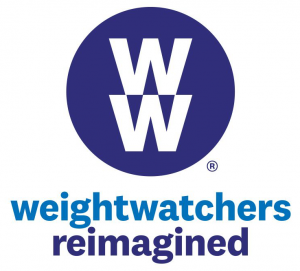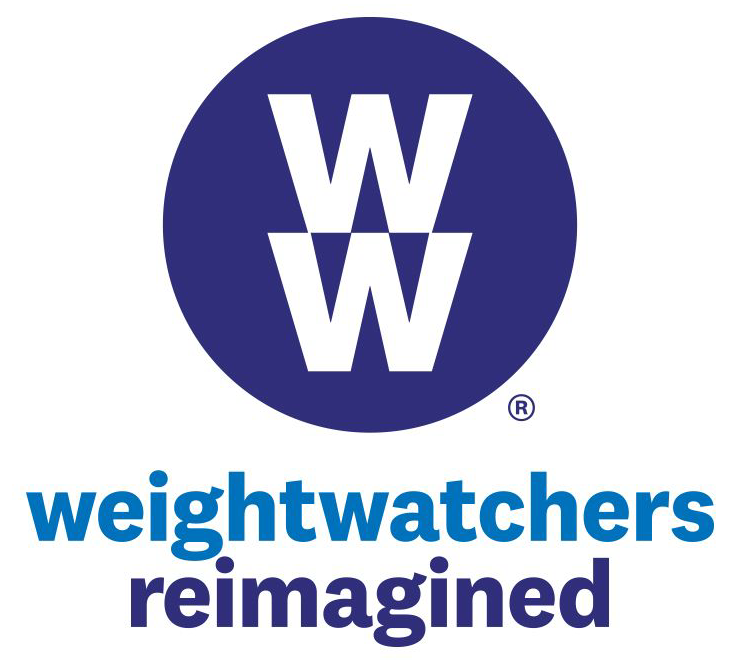The Nitwits At Weight Watchers
The Nitwits At Weight Watchers

 Last September, Weight Watchers announced that it was changing its name from Weight Watchers to WW. The announcement stated that the new name was a reflection of the company’s current focus on overall health and wellness. The CEO of Weight Watchers, Mindy Grossman, said that the company remained “committed to always being the best weight management program on the planet,” but she emphasized that they were committed to focusing more on healthier eating, exercising, and meditation.
Last September, Weight Watchers announced that it was changing its name from Weight Watchers to WW. The announcement stated that the new name was a reflection of the company’s current focus on overall health and wellness. The CEO of Weight Watchers, Mindy Grossman, said that the company remained “committed to always being the best weight management program on the planet,” but she emphasized that they were committed to focusing more on healthier eating, exercising, and meditation.
Oprah Winfrey, who owns more than eight percent of the shares of the company, and is also a member of its board of directors, agreed with Grossman when she said, “The role WW can play in people’s lives goes far beyond a number on the scale. As Weight Watchers becomes WW, I believe we will continue to inspire people not only to eat well, but to move more, connect with others, and continue to experience the joys of a healthy life.”
To highlight its new theme of overall health and wellness, WW hired celebrity chef Eric Greenspan, actor Kevin Smith, and music star, DJ Khaled, to act as “ambassadors” for the company. WW also hired a meditation company, Headspace, to create exclusive content for the company’s app.
It’s been 10 months since Weight Watchers changed its name and its focus. During that time, new customer acquisition plummeted, and the value of its stock plunged by 70 percent — from $72.89 per share to $22.08 (July 26, 2019 closing price). Why such a drastic drop in new customers and stock value? I’ll tell you the reason in a moment, but first I want to tell you about something I learned several years ago when I met a cosmetic implant dentist at a marketing conference. For the purpose of this discussion, I’m going to call the dentist “Dr. Smith.”
Dr. Smith was from the East Coast. He told me that his marketing for dental implant patients was focused primarily on wealthy women who were in their 30s and 40s and wanted to get their teeth fixed. His prices were significantly higher than the national average, and he had all the patients he could handle.
Dr. Smith told me about a sophisticated direct-mail marketing campaign that his marketing consultant had developed. The campaign was set up to send a sales letter and marketing materials to women who had recently been divorced and had obtained large monetary settlements from their former husbands. Dr. Smith’s marketing consultant was able to obtain the names and home addresses of the women from a list broker who secured the information from various consumer lists that were available.
As a result of conducting several tests, the marketing consultant discovered that the women were most responsive to Dr. Smith’s marketing materials during the first six months after their divorces had been finalized. The one thing that Dr. Smith’s marketing consultant understood that Oprah Winfrey and the CEO of WW don’t understand is that people usually buy for emotional reasons. They don’t buy because they actually need something, they buy because they want something.
According to Dr. Smith’s marketing consultant, many of the divorced women that he sent the marketing materials to desperately wanted two things: (1) to get revenge against the men who had dumped them for younger women, and (2) to be beautiful and youthful again, so they could find love with a new man who was better looking and in better shape than their former husbands.
The marketing consultant used the same strategy and targeted the same women for a client of his who was the owner of several fitness and weight loss centers.
The founder of Weight Watchers, Jean Nidetch, knew what Dr. Smith’s marketing consultant knew about human nature and people taking action based on wants rather than needs.
Before Nidetch started Weight Watchers, she was a 214-pound housewife, with a 44-inch waist. By her own admission, she was addicted to cookies and other assorted desserts. One day in 1961, at the age of 37, Nidetch ran into a neighbor at a local supermarket in New York. The first thing the neighbor said to her was, “Oh, Jean, you look so good. When are you due?” While Nidetch had known for years that she needed to lose weight, she never got around to it. It wasn’t until after her neighbor humiliated her that she developed a burning desire to lose her excess weight.
Over the next several months, Nidetch lost 72 pounds. In 1963, she incorporated her new business, Weight Watchers, with too overweight friends and her overweight husband. Over the next 10 years, Weight Watchers added thousands of franchises and enrolled millions of customers around the world.
You would think that Oprah Winfrey would know that in order to sell weight loss to women, the selling points would have to focus on the emotional reasons of why a woman would want to lose weight, not a generic logical reason, such as “good health and wellness.”
The emotional triggers that Nidetch used to convince women to join weight watchers were that if they got down to their ideal weight, they would be more beautiful, sexy, confident, loved, energetic, admired, praised and yes, healthy. Improving their overall health was at the bottom of the list.
The number one rule in marketing is that people buy because of an emotional desire, not because of a need. If people only bought because of need, there would not be any convertibles, sports cars, Rolls Royces, Volvos, BMWs, or any other types of luxury vehicles.
Why am I telling you all this? Because weight loss is a lot like praying. We all know that we need to pray a lot more, yet we never seem to make the commitment to actually do it. Usually the only time we get around to making a decision to pray more is when there is an emotional reason to do it.
We often wonder why God allows suffering. One reason is because when we are confronted with suffering, out of desperation, we pray more. It often takes a crisis, medical emergency, or a catastrophic event to force people to wake up and decide that they need to turn to God more often in prayer.
Most of us know that we should eat healthier, exercise, and meditate, but we never seem to get around to it. By the same token, most of us know that we should pray more and develop a stronger relationship with God, but we never seem to get around to it. The only time we decide to significantly increase our praying and spiritual development is when the emotion of fear or loss kicks in.
There is one particular emotion that should create a burning desire within all of us to pray more. That emotion is love. Our love for God is the one emotion that should make us want to pray as much as possible. Mother Teresa loved God so much that she prayed from the time she woke up in the morning until the time she went to sleep at night. Pope John Paul, II, and Archbishop Fulton Sheen loved God so much that they prayed from the time they woke up in the morning until the time they went to sleep at night.
Do you have that kind of love for God? You and I both know the answer to that question.
I’m going to share a little secret with you. If you act as though you have that kind of love for God and you commit to praying more by attending daily mass, praying a daily Rosary, making frequent trips to the Eucharist in the adoration chapel, and setting aside the time to learn more about God by reading the bible and other spiritual works, then over time, you will develop the kind of prayer life and love for God that Mother Teresa, John Paul, II, and Fulton Sheen had.
Don’t wait for a crisis, medical emergency, or catastrophic event to occur before you decide to make a commitment to pray more.




2 Comments
Great post. I recently have taken a formation class to be a catechist at my parish. I’m looking forward to furthering my relationship with God by teaching little ones.
Rose – It’s great to see that you’re using your gifts to lead others to God. What you’re doing is the mark of a truly devout Catholic. Keep up the good work! God bless you. Harry